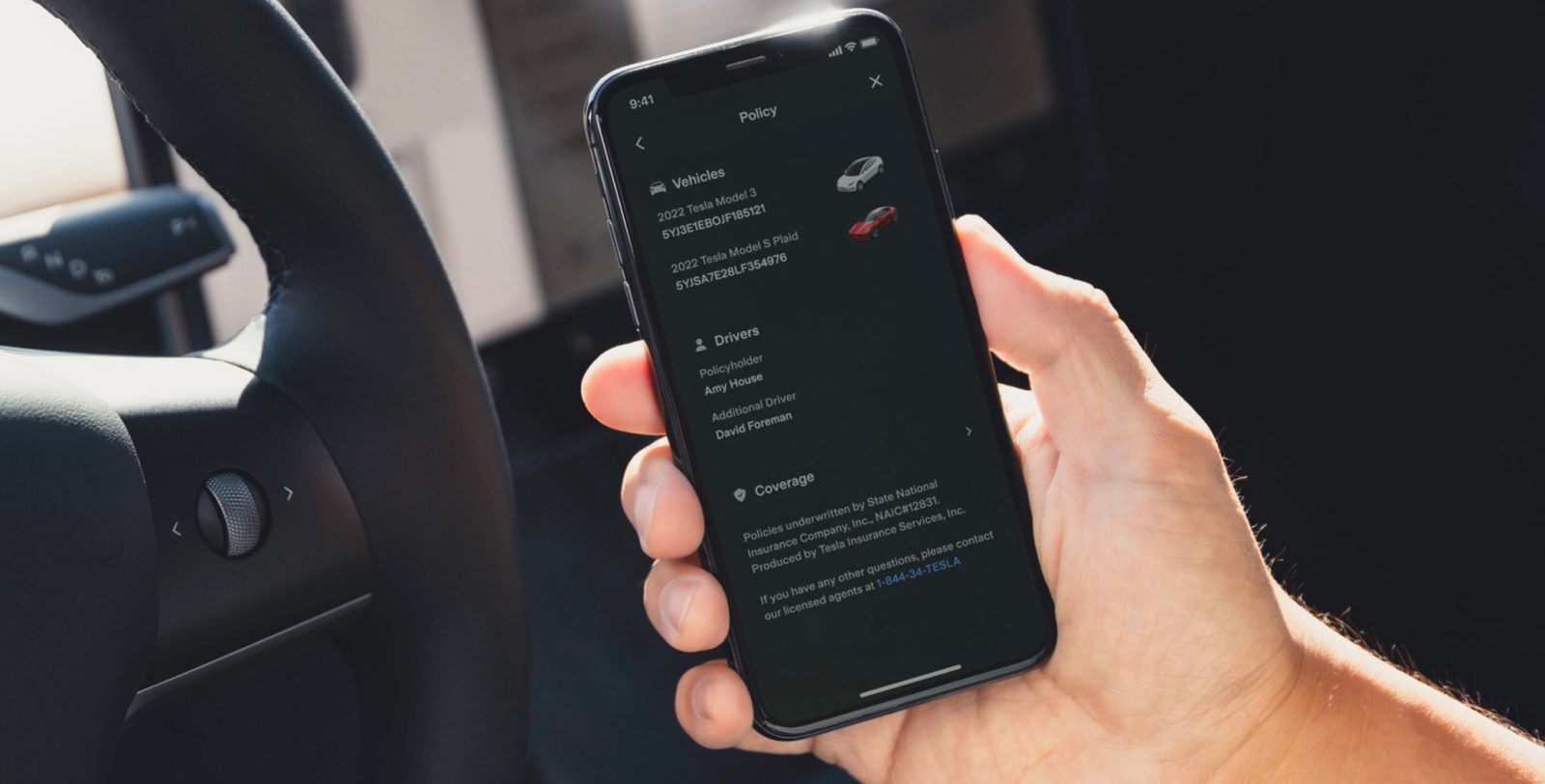
Tesla is about to face a class action after a judge refused to dismiss a lawsuit alleging that the automaker overcharged people using its insurance with “real-time data” after increasing their premiums over “fake crash warnings.”
When launching its own car insurance product, Tesla utilized its capacity to collect real-time driving data from its vehicles to create what it calls a “Safety Score,” which gives drivers a score based on how and when they drive, increasing or decreasing their monthly premium accordingly.
The move was to counter the fact that many third-party insurers were charging very expensive premiums on Tesla vehicles.
There has been some controversy about the factors that would influence the score, like acceleration, driving at night, and collision warnings. The problem with the latter is that Tesla’s Autopilot safety system often gives collision warnings for no reason.
These “fake” collision warnings can increase the monthly premiums of someone using Tesla insurance.
Illinois resident Ricky Stephens was one of those people using Tesla insurance and experiencing fake collision warnings. He filed a lawsuit on behalf of all Tesla Insurance users in which he described the problem (via Reuters):
Numerous Tesla drivers have “reported suffering sporadic and random Forward Collision Warnings when there is no danger in sight,” which affects their safety score and drives up their premiums, the complaint said.
Tesla tried to have the lawsuit dismissed, but a California judge denied the dismissal:
Oakland-based Judge Brad Seligman of Alameda County Superior Court in an order on Friday denied Tesla Insurance Services Inc’s bid to dismiss the consumer protection lawsuit, which was brought under California’s sweeping unfair competition law.
Top comment by Jack Hodges
When I drive down my street (a cul de sac so one doesn’t drive fast anyway), almost every day I get a FCW from parked vans. Thank goodness Tesla is not allowed to use realtime monitoring in California, though my Safety Score manages to stay at 97 regardless. It might be higher otherwise. Tesla has known about phantom (not fake as that would be intentional) FCWs for a long time and has reduced the weight they get in calculating the Safety Score but in states where they can use this data they should remove FCW from the algorithm until the get it right - or face this kind of consequence.
Now, the case will move forward to a hearing early next year.
Electrek’s Take
I don’t use Tesla Insurance, but I’ve definitely experienced many collision warnings that made no sense whatsoever.
There should be a way to contest those so they don’t affect your premiums.
If Tesla indeed charges people more over some of those, then yes, the company is at fault and should compensate those owners. I am rarely for legal actions – it’s very much a last resort – but this looks like a case where it makes sense.
FTC: We use income earning auto affiliate links. More.






Comments